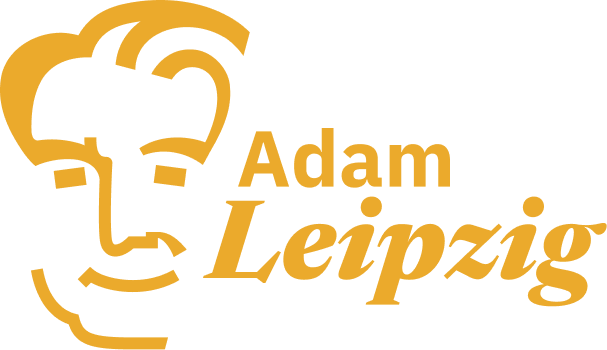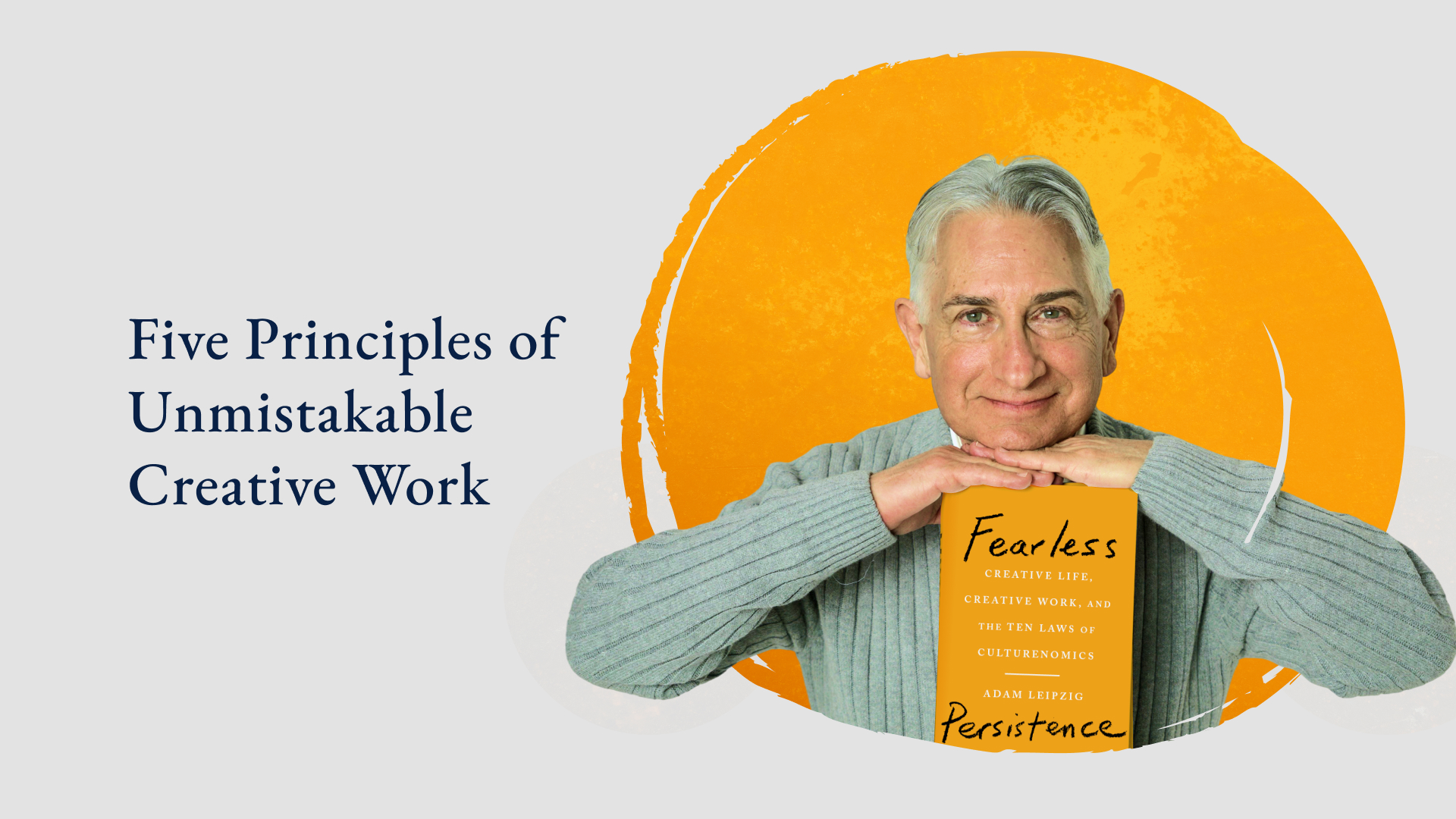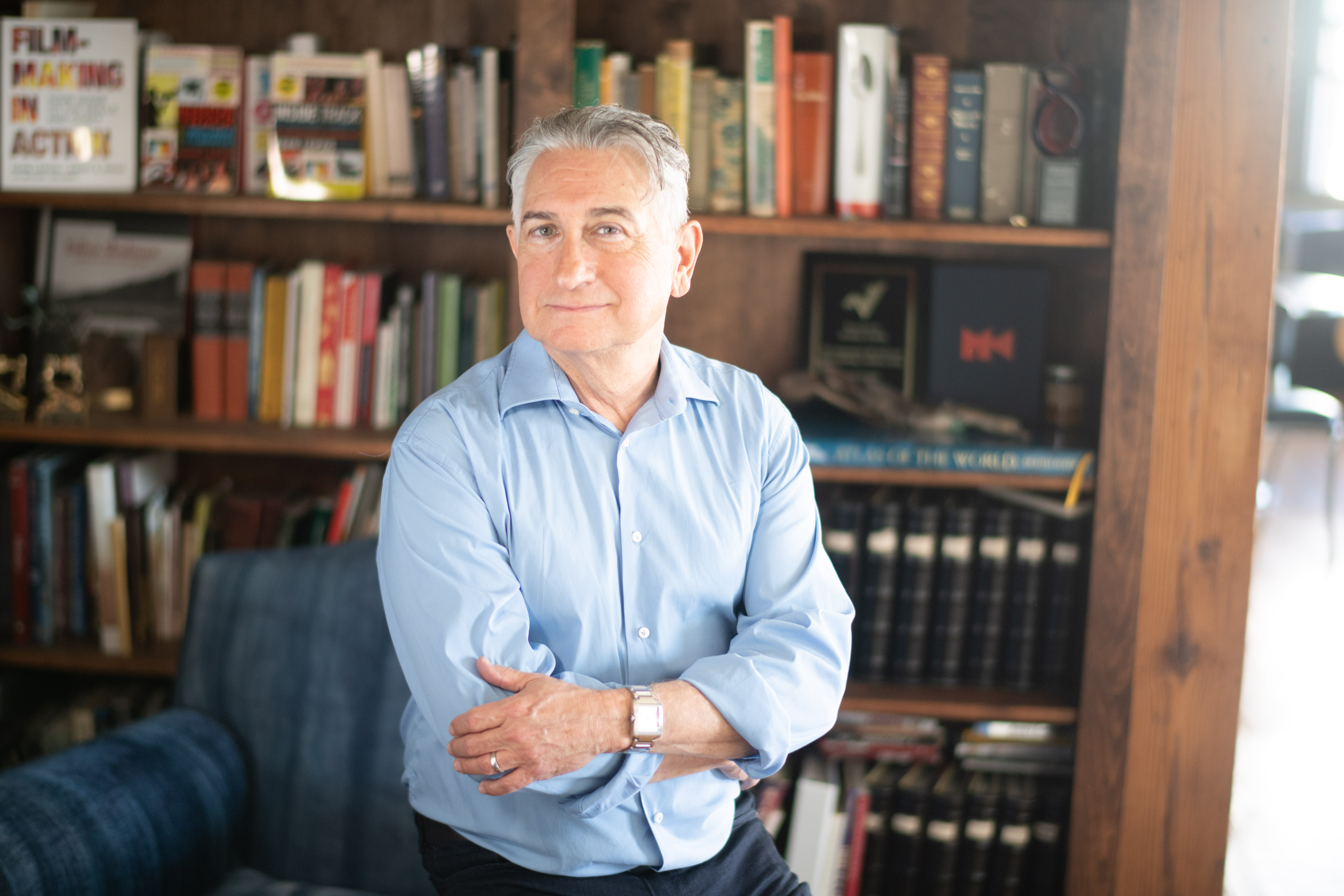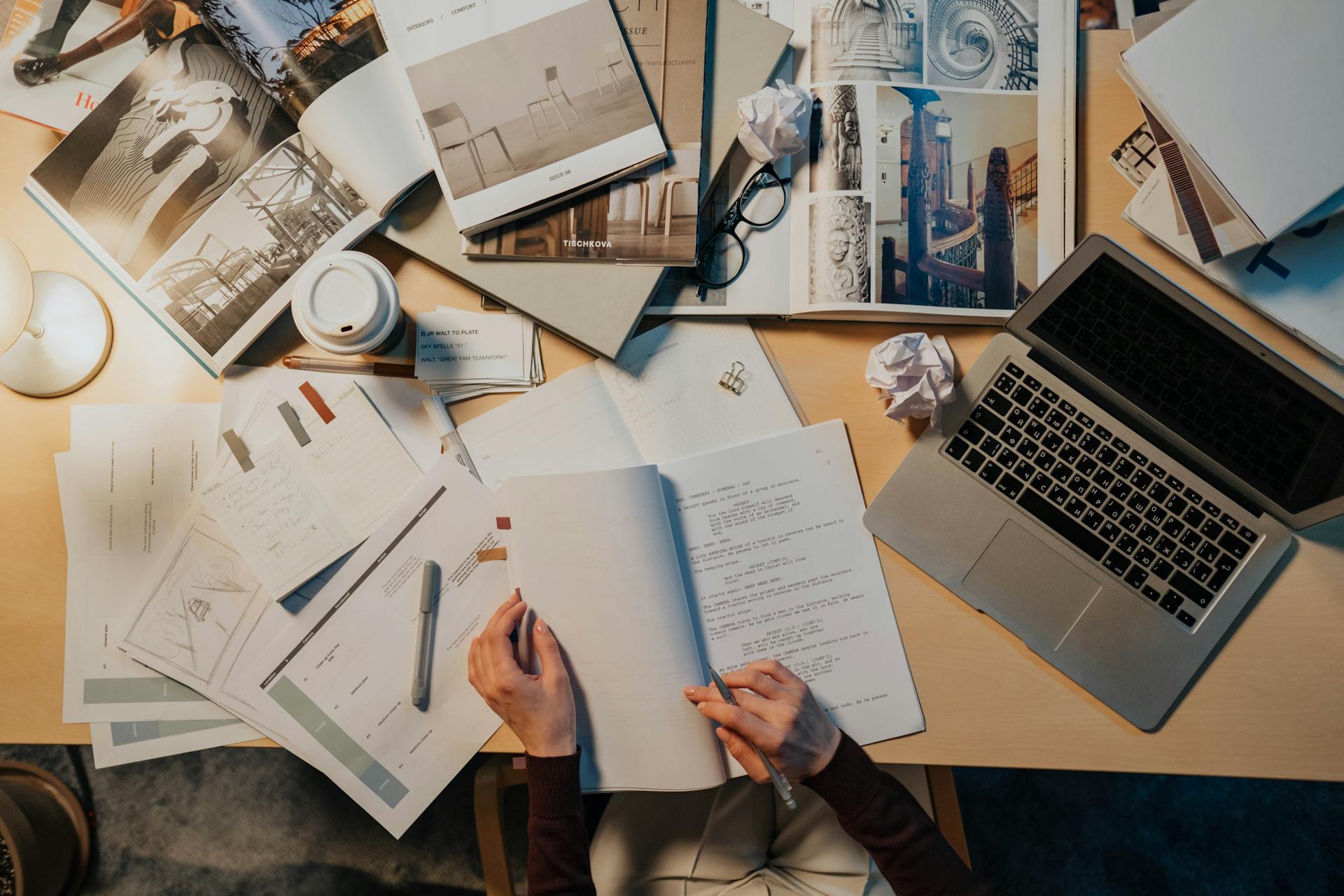AI Won’t Replace You. It Will Mirror You
You're Closer Than You Think!
Get exclusive insights and your free chapter of Fearless Persistence - a look inside Adam’s approach to creativity, purpose, and leadership.
Every generation of creators confronts a new technology that seems poised to make them obsolete. The printing press threatened scribes, photography unsettled painters, and radio worried stage actors. Each time, the tool that inspired fear eventually became an extension of human imagination. Artificial intelligence continues that lineage. It will not replace us, but it will show us who we are.
AI functions as a mirror. It reflects patterns we’ve already made—our syntax, our aesthetics, our assumptions—and hands them back at high speed. When you use it, you are conversing with a distillation of collective human output. That can be exhilarating or unsettling. It’s exhilarating when the reflection reveals new connections. It’s unsettling when it exposes how predictable we have become. Either way, the mirror does not invent meaning; it amplifies what we give it.
For creatives, this moment is not about defending territory but redefining authorship. I tell artists and entrepreneurs to approach AI as a collaborator, not a competitor. Collaboration begins with clarity. The clearer you are about your purpose and sensibility, the more intelligently the tool can serve you. A vague prompt produces a vague reply. A precise mind creates precise outputs. The technology sharpens in proportion to your focus.
AI accelerates the need for authenticity. Because the machine can generate endless approximations of style, the only reliable differentiator is voice—your personal synthesis of experience, empathy, and worldview. When you use AI thoughtfully, it becomes an amplifier for that voice. When you use it carelessly, it multiplies imitation. The responsibility lies with the human, not the algorithm. What we build with these tools will mirror our collective character.
In my work with students and executives, I’ve seen AI provoke an unexpected kind of honesty. When people compare their own drafts to machine-generated versions, they recognize both their habits and their blind spots. The technology forces them to articulate what makes their work theirs. In this sense, AI is a new kind of teacher: relentless, fast, and incapable of flattery. It does not judge, but it reflects without mercy.
This mirror effect can make creative practice more disciplined. Writers learn to define their tone. Designers refine their visual grammar. Leaders clarify what truly requires a human touch—listening, mentoring, moral judgment. These are the elements no machine can simulate because they depend on consciousness. AI can suggest options; only humans can choose with intent.
The ethical challenge of AI is also a moral one. If we fill the digital world with haste, bias, and imitation, the systems will feed those qualities back to us. If we fill it with curiosity, generosity, and depth, the reflection will be richer. Technology has no conscience; culture gives it one. Each creator, each organization, is now partly responsible for training the mirror.
I do not believe AI heralds the end of creativity. It demands a new level of creative maturity. The more self-aware you are, the more powerfully you can use it. The less self-aware, the more easily you will be replaced by your own reflection. The goal is not to outsmart the machine but to outgrow the fear of it. To engage it as a tool that can extend your reach and illuminate your essence.
In the coming years, the most compelling work will come from people who treat technology as conversation, not competition. They will use the mirror to see more clearly, not to hide behind. AI will become part of the creative ecology, another instrument in the orchestra of human expression. The melody still begins with us.
The future belongs to those who know who they are and can teach their tools to reflect it. This is not the end of art or entrepreneurship. We now begin the next chapter in our ability to make meaning.



